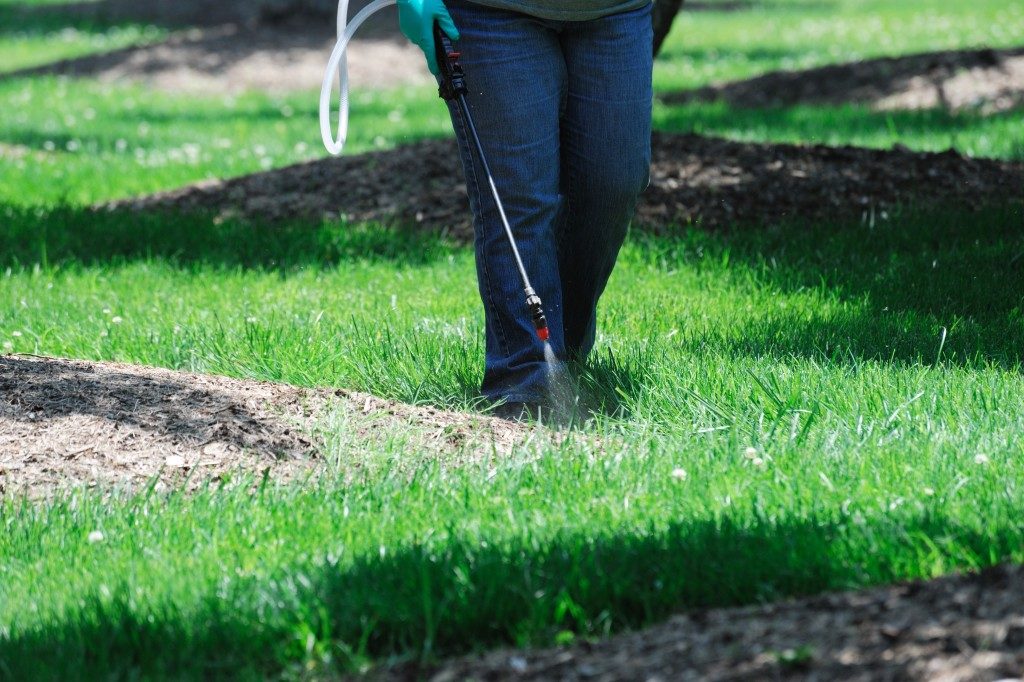Are you sick and tired of finding chewed up plants in your garden or yard all the time? Find out how to prevent pests from ruining your garden.
At some point in every green thumb’s life, they’re going to have to deal with garden pests. But it’s definitely better to be proactive than reactive since some pests can cause a great deal of damage to plants. Aside from regular lawn cutting and maintenance, Sandy, Utah residents should pay attention to pest control as well. In this city, common garden pests include grasshoppers, squash bugs, caterpillars, spider mites, and aphids.
Here are the five best ways to avoid pests from taking over your garden:
1. Choose pest-resistant plants
Do a bit of research to find out which pests are most common in your area. Ask other gardeners so you know which types of plants are more pest-prone than others. After that, choose your plants wisely. Select varieties that are resistant to pests and diseases. It may take a bit of trial and error, but it’s the most important step if you want to keep pests from damaging your plants.
2. Have physical barriers
The most obvious and effective way to avoid pests is by creating a physical barrier between your plants and the pests. You can use a floating row cover to protect plants that are most pest-prone, while still letting the sunlight in.
3. Attract beneficial bugs
Not all insects are bad for your garden. In fact, many bugs are beneficial for your plants because they can eat pests while helping your plants grow. Here are some helpful insects that you can attract with certain plants:
- Bees
- Ladybugs
- Spiders
- Ground beetles
- Centipedes
- Ants
- Earwigs
You can attract these helpful bugs by growing some native flowering plants such as fennel, mint, dill, coriander, parsley, zinnia, tansy, sweet alyssum, and many others.
4. Set up traps
There are many types of traps available in gardening stores. A mechanical trap can lure pests away from your plants and trap them, allowing you to remove them your garden easily. Alternatively, you can build your DIY traps for slugs and snails, which are the biggest culprits for eating up leaves. If you have rodent pests such as moles, mice, chipmunks, and voles, buy several traps that can get rid of the whole colony quickly before they can reproduce.
5. Try an organic pesticide

Using a pesticide should be your last resort when all other minimally-invasive methods fail. Look for pesticides that are USDA-approved, especially for edible plants. When applying a pesticide, use only a small amount before working your way up until the pest problem is solved.
Gardening requires experience to truly understand the particular ecosystem that may exist within the garden. Usually, some garden pests won’t be much of a problem. You will probably experience a few nibbled plants here and there. However, when pests cause an unacceptable level of damage to your plants, it’s time to take matters into your gloved hands. With these five tips, you can avoid (or solve) pest problems in no time.